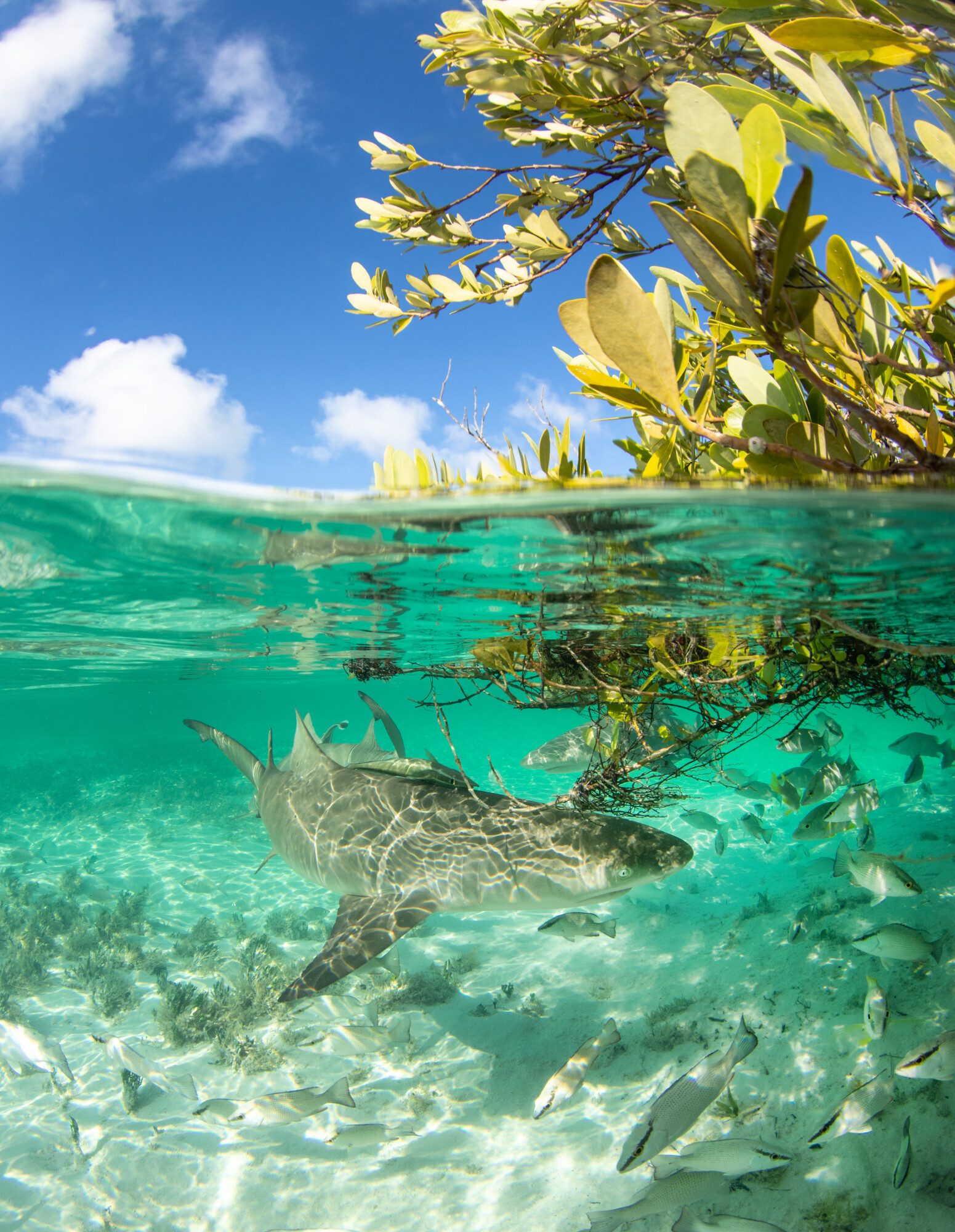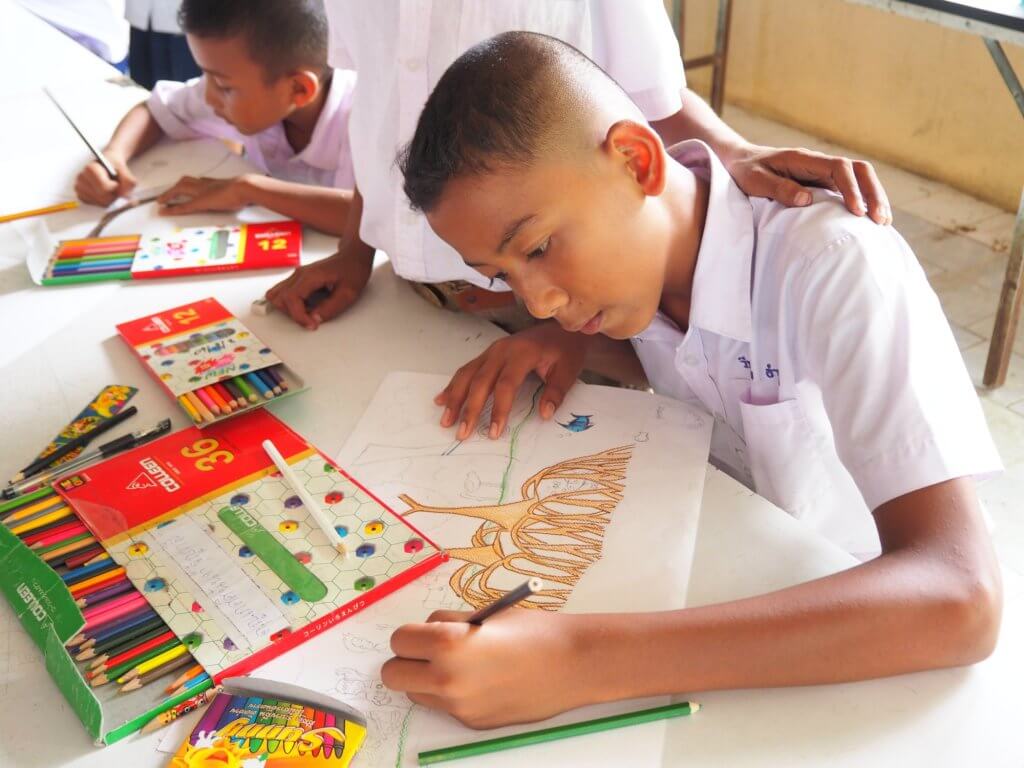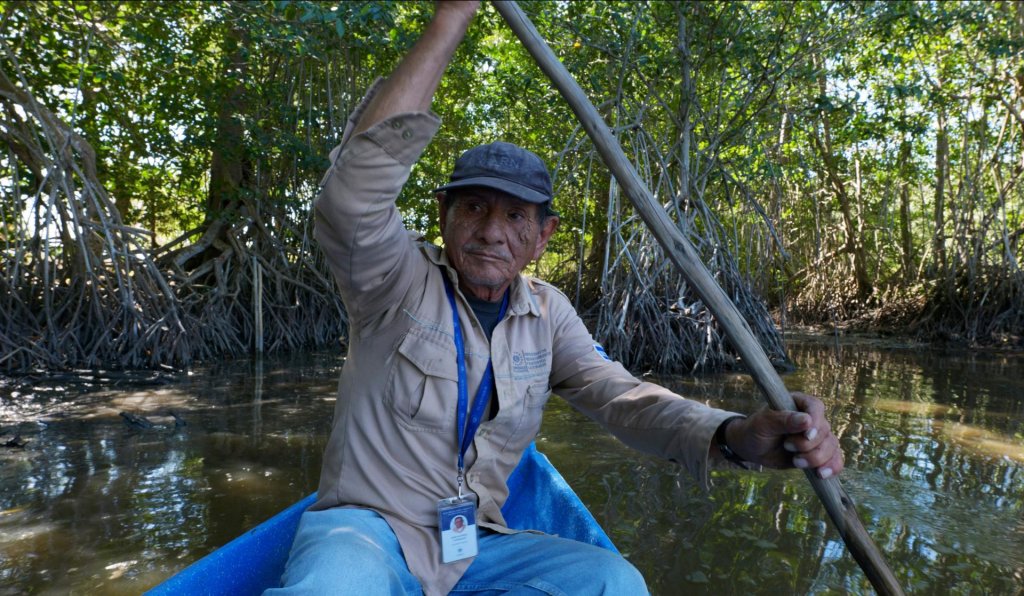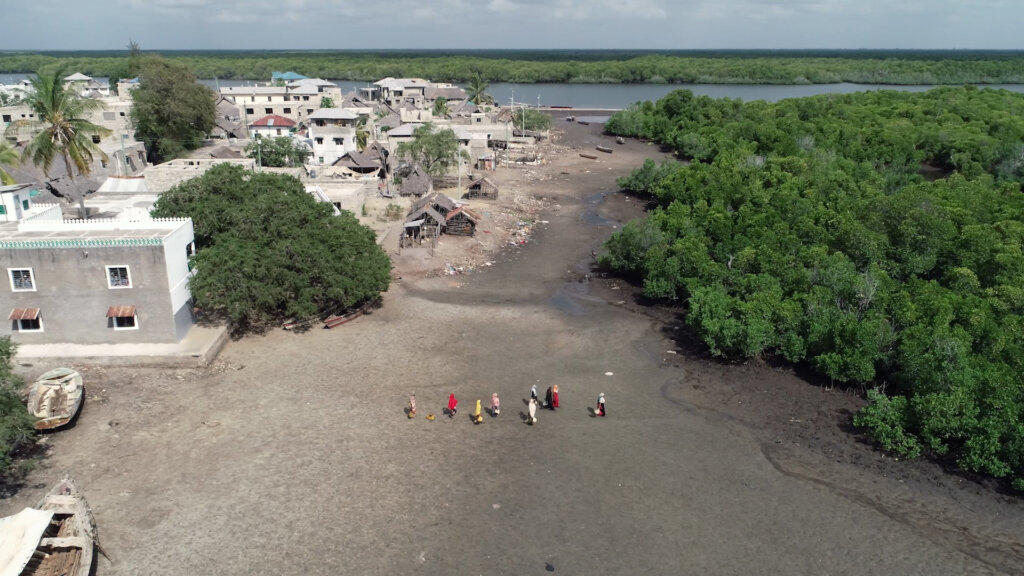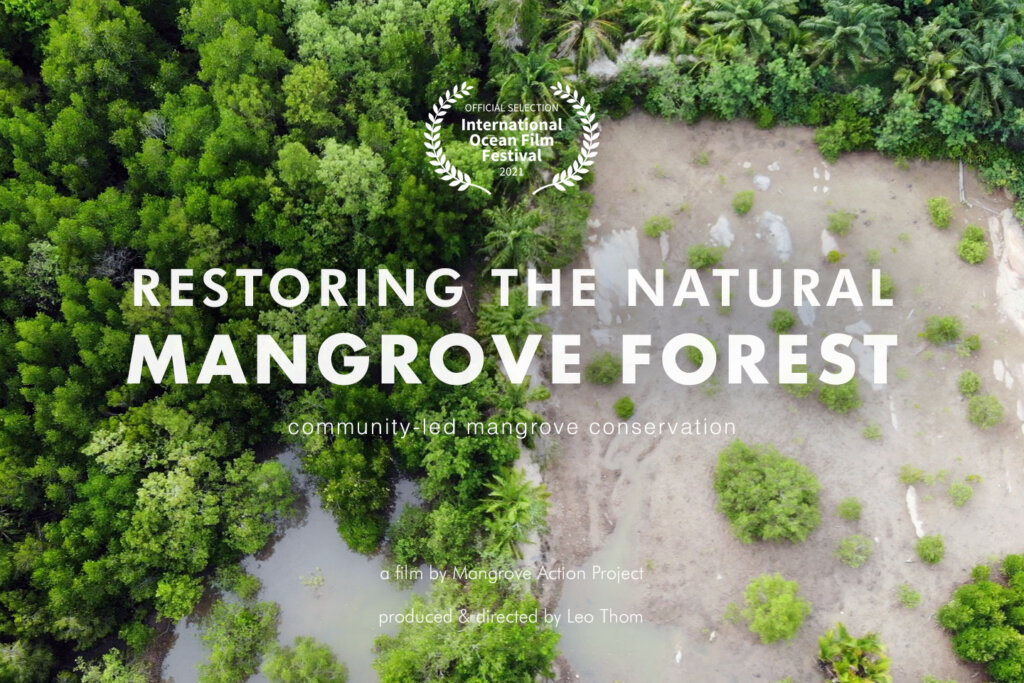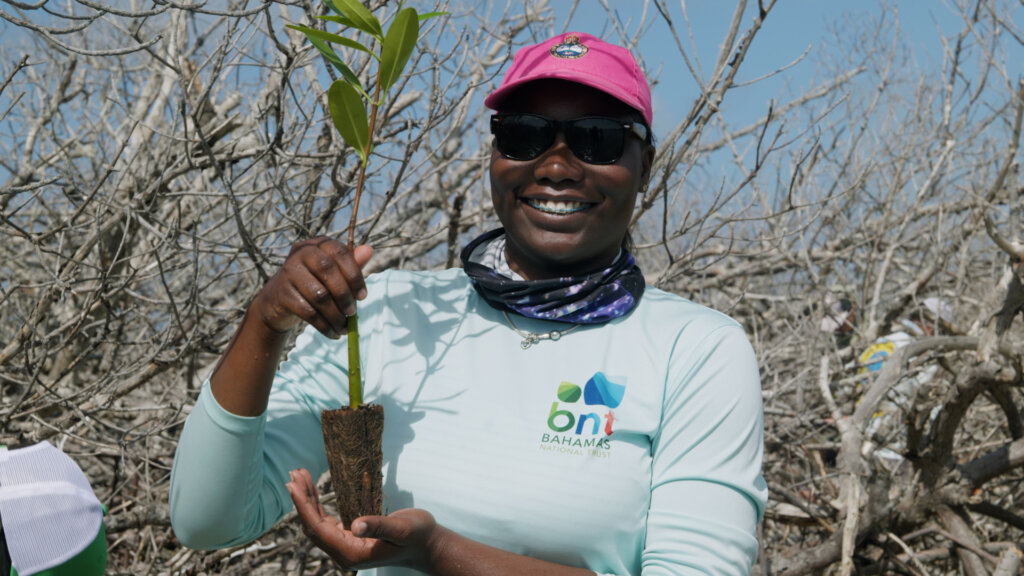Media
- Read more about Mangrove Photography Awards 2024 – NOW OPENContest
Mangrove Photography Awards 2024 – NOW OPEN
Mangrove Action Project – a global charity dedicated to promoting science-based training to conserve and protect mangroves – has launched…
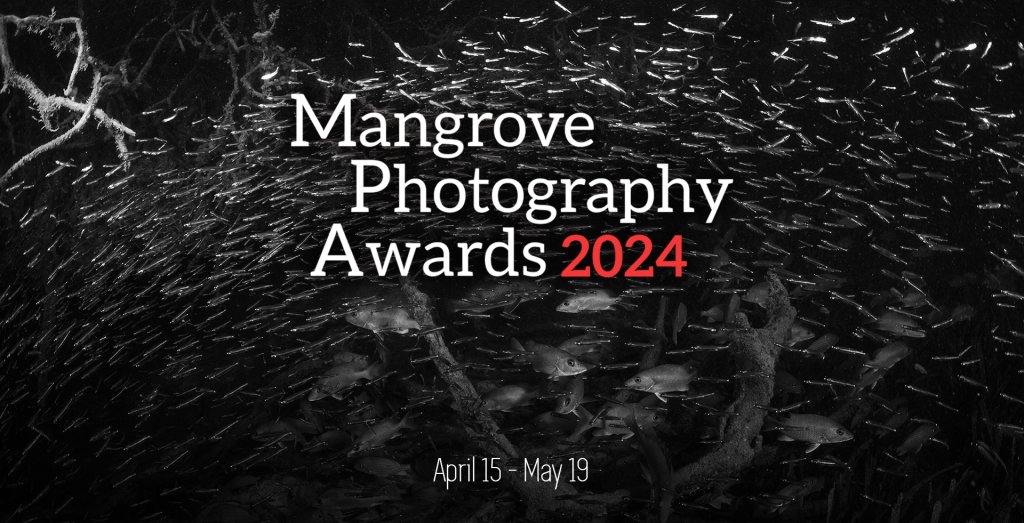
- Read more about Children’s Mangrove Art Calendar 2024 & Art Gallery
- Read more about Winning Works for 2023 Mangrove Art Contest RevealedContest
Winning Works for 2023 Mangrove Art Contest Revealed
Colorful artworks celebrate the vital role mangroves play in supporting…
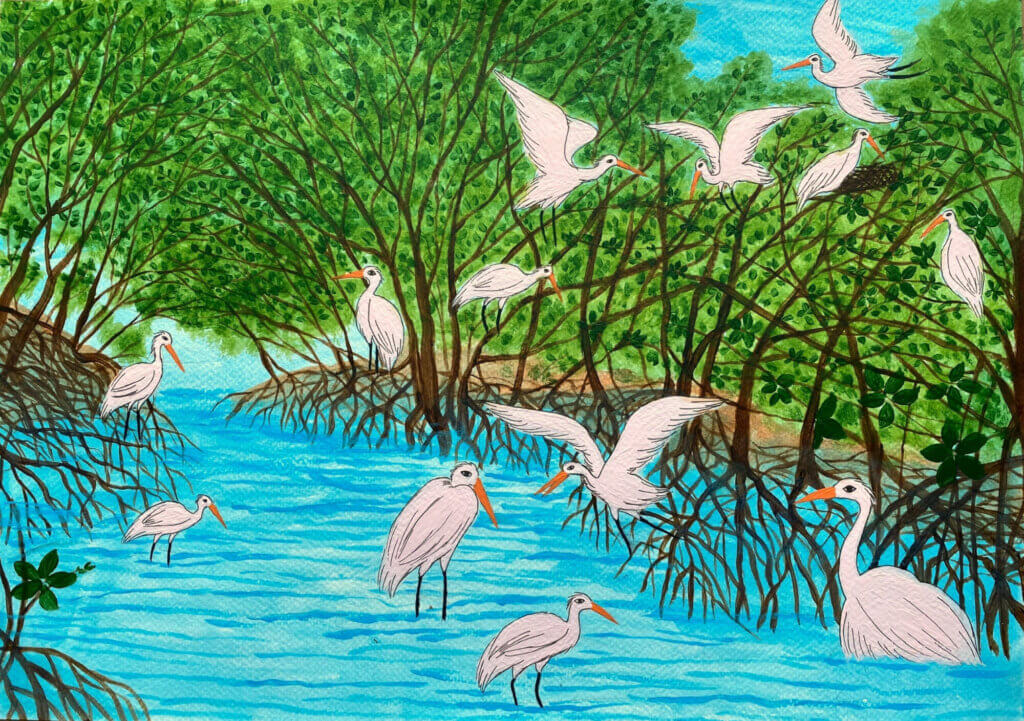
- Read more about MAP turns 30
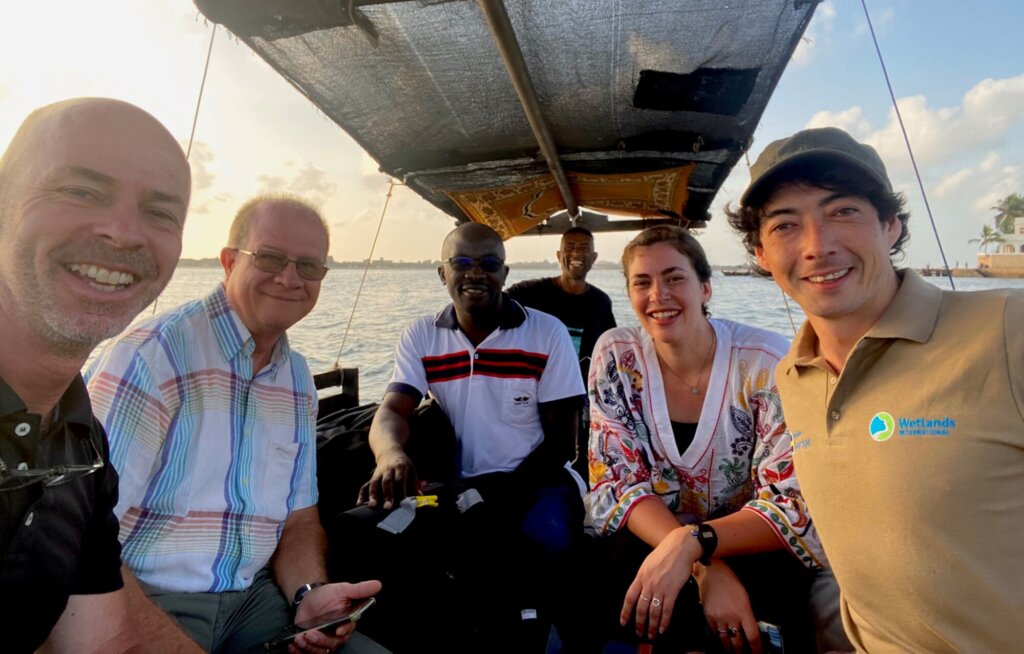
Featured Videos
Watch more videos- Read more about Return of the Mangroves
- Read more about Restoring Lamu's Mangroves
- Read more about Restoring The Natural Mangrove Forest
- Read more about Recovering Mangroves in the Bahamas
- Read more about Earthrise: Mangrove Rebirth in Tanakeke and Tiwoho
Take action
Thank you for your interest in our work. Would you like to play an active role in protecting these mangroves before it’s too late? Become a donor and join our global community of mangrove stewards.
Media Corner
For media inquiries, please contact: [email protected]
Our team is happy to comment on news relating to mangroves conservation and restoration.
